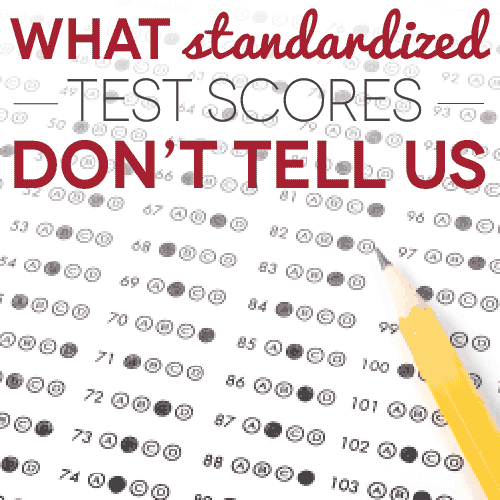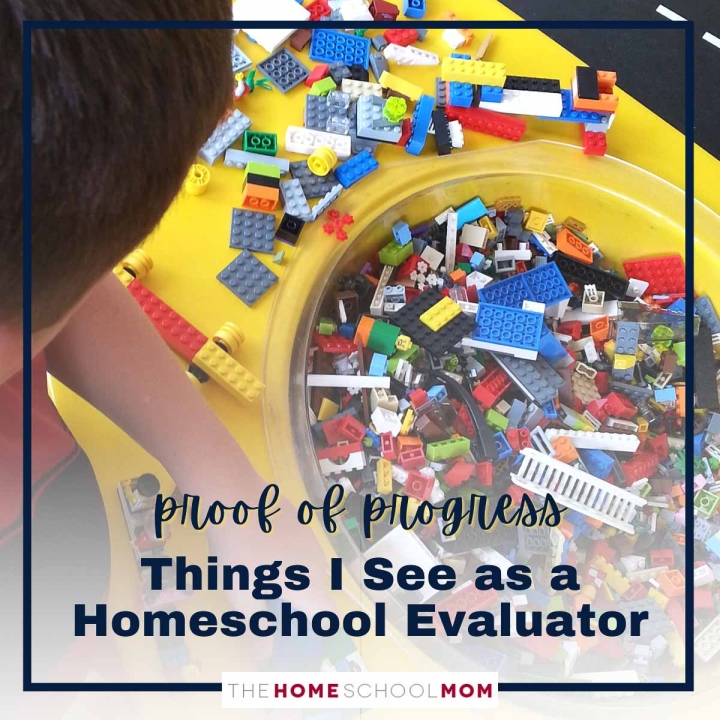Evaluations/Progress Reports
-
Homeschool Transcripts Explained—Spoiler Alert... They're Easy & Free!
-
Permanently Accessible Homeschool Records
-
Homeschool Evaluation Instead of Testing
-
What Standardized Test Scores Don't Tell Us
-
Plan Now for Homeschool End-of-Year Requirements
-
Kids Blogging Unit Studies
-
Proof of Progress: More Examples from Homeschool Evaluations
-
Proof of Progress: Reviewing Work as a Homeschool Evaluator
-
Grade Level: When It Matters in Homeschooling
-
Homeschool Testing: Evaluating Learning by Asking Questions












